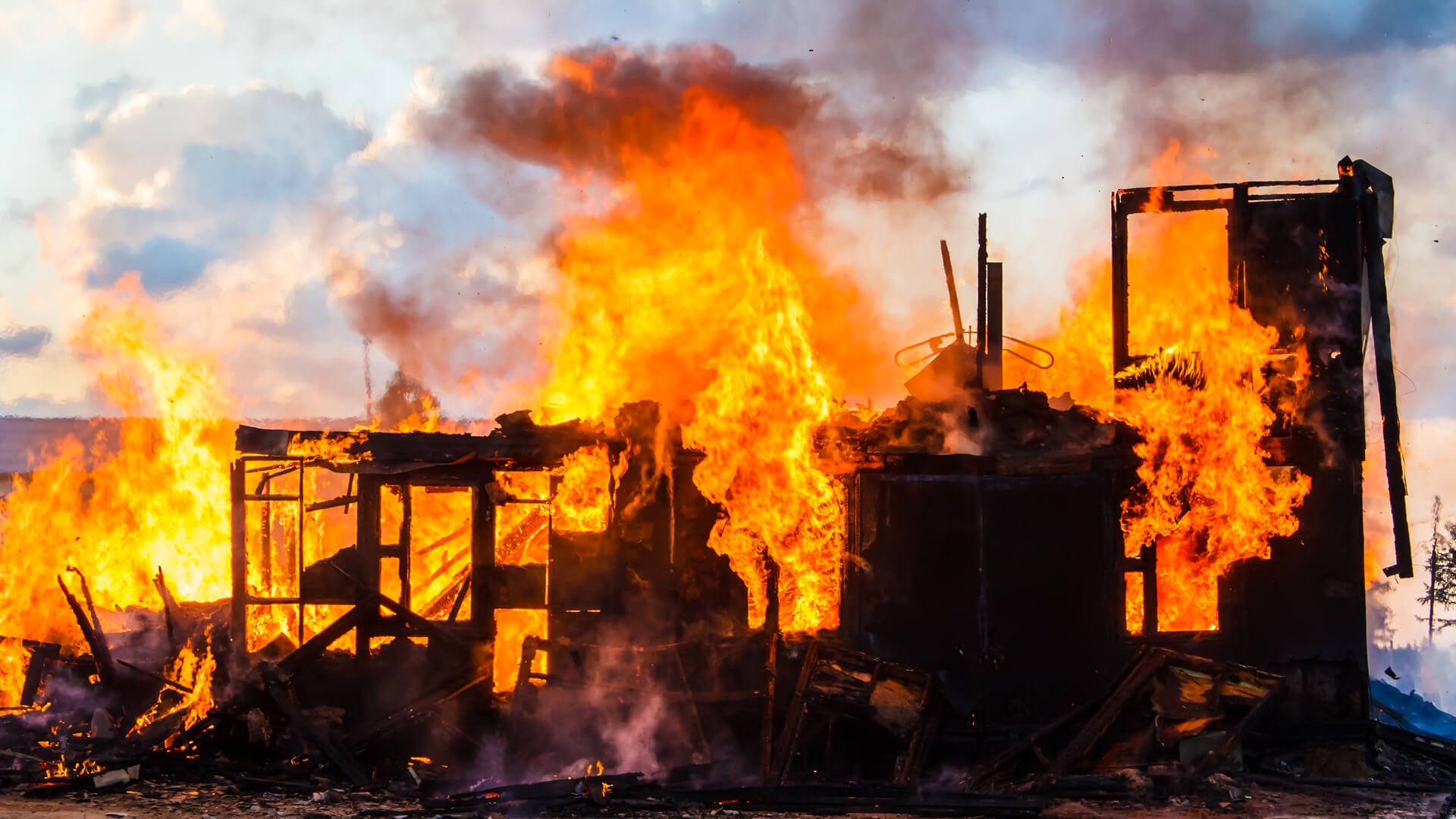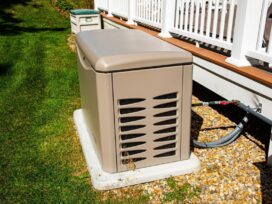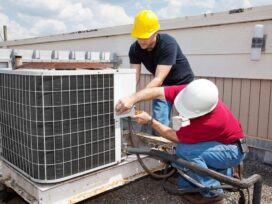
Top 5 Causes of Residential Fire Damage and How to Prevent Them
Are you aware of the top causes of residential fire damage? Discover the five most common culprits and learn how to prevent them. From electrical malfunctions to cooking accidents, smoking, heating equipment failure, and even intentional fires, this article will provide you with valuable insights. By following simple preventive measures, you can safeguard your home and loved ones from the devastating effects of fire. Don’t wait until it’s too late – take action now to protect what matters most.
Electrical Malfunctions
You can prevent electrical malfunctions by regularly checking and maintaining your home’s wiring and electrical appliances.
Start by inspecting the cords and plugs of your appliances for any signs of wear or damage. Replace any frayed or damaged cords immediately.
It’s also important to check the outlets in your home regularly. Look for any signs of loose connections or blackened areas around the outlets, as these can indicate potential electrical issues.
Additionally, make sure that your electrical panel is properly labeled and that circuit breakers aren’t overloaded. If you notice any flickering lights or frequently tripped breakers, it’s crucial to have a professional electrician inspect your wiring.
Cooking Accidents
To avoid cooking accidents, always keep a fire extinguisher within reach and be mindful of hot objects.
Cooking accidents are one of the leading causes of residential fire damage. It’s important to stay focused and attentive while cooking to prevent any mishaps.
Make sure to turn off the stove or oven when you’re finished and never leave cooking unattended. Keep flammable objects, such as oven mitts and paper towels, away from the heat source.
If a fire does break out, remember to use the fire extinguisher immediately and call for help. In case of a grease fire, never use water to extinguish it as it will only worsen the situation.
Smoking and Open Flames
Smoking and open flames can quickly ignite flammable objects in your home, leading to potential fire hazards. It only takes a small spark to start a devastating fire. To prevent such accidents, make sure to always extinguish cigarettes and cigars completely before disposing of them.
Never smoke in bed or when feeling drowsy, as you may accidentally drop your smoking materials onto flammable surfaces. Additionally, be cautious when using open flames like candles or gas stoves. Keep them away from curtains, papers, and other combustible materials.
Always supervise children and pets around open flames, as they may unknowingly knock them over. By being mindful of these risks and taking precautionary measures, you can greatly reduce the chances of a fire starting in your home.
Stay safe and stay vigilant.
Heating Equipment Failure
When heating equipment malfunctions, it can pose a serious risk of starting a fire in your home. One common cause of heating equipment failure is lack of maintenance. If you neglect regular check-ups and cleaning, your equipment may become clogged with dust and debris, increasing the chances of a fire.
Another cause is faulty wiring or electrical issues. If the wiring is damaged or outdated, it can overheat and spark, igniting nearby materials.
Additionally, using portable space heaters incorrectly can also lead to fires. Placing them too close to flammable objects or leaving them unattended can be extremely dangerous.
To prevent heating equipment fires, make sure to schedule regular maintenance, inspect wiring regularly, and follow safety guidelines when using space heaters.
Arson and Intentional Fires
If you suspect someone intentionally starting fires in your area, it’s important to report any suspicious activity to the authorities immediately. Arson is a serious crime that can cause significant damage to property and endanger lives. By reporting any suspicious behavior, you can help prevent further harm and ensure the safety of your community.
Look out for individuals loitering near flammable materials or acting strangely around potential ignition sources. Take note of any unusual smells, smoke, or flames that seem out of place. Remember to provide as much detail as possible when reporting to the authorities, such as the location, time, and description of the suspect.
Your vigilance and prompt action can make a difference in stopping the spread of intentional fires and protecting your neighborhood.
Sources:







